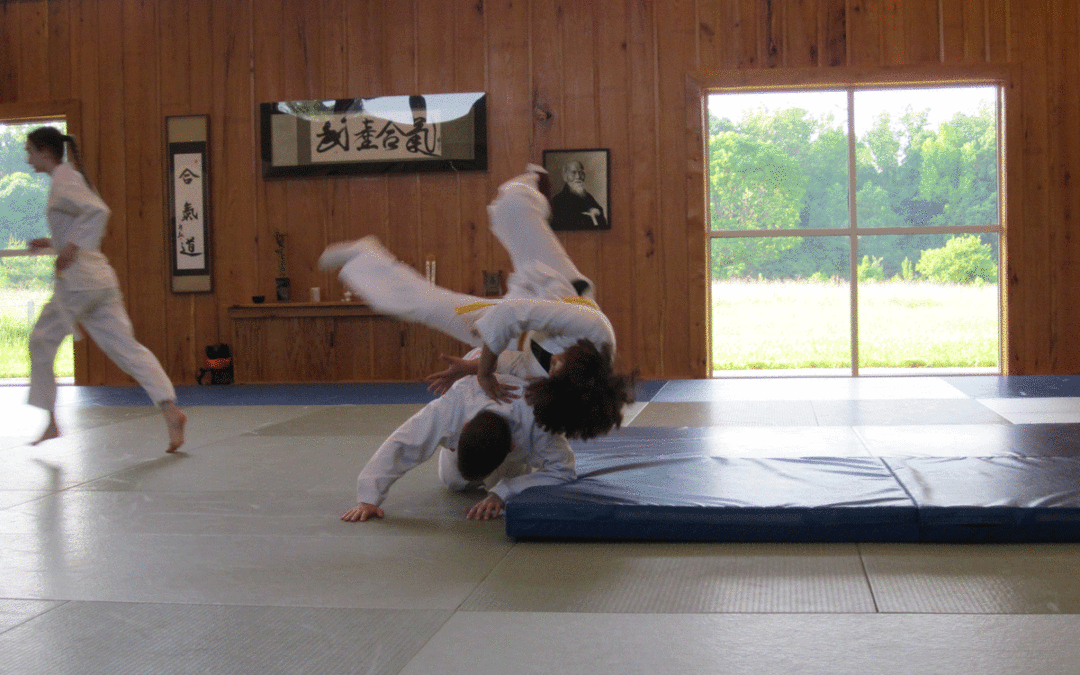I have been successful applying a psychotherapeutic concept as a guiding force in how I run our dojo. The concept of “client-centered” or “person-centered” is attributed to Carl Rogers. Roger (1986) stated “it is that the individual has within himself or herself vast resources for self-understanding, for altering his or her self-concept, attitudes and self-directed behavior – and that these resources can be tapped if only a definable climate of facilitative psychological attitudes can be provided”.
Note that I am not acting as a therapist even though Aikido complement a student’s therapy. Students that have mental and emotional problems should be treated by professionals. Client-centered therapy operates according to three basic principles that reflect the attitude of the therapist to the client (for more info, see www.simplypsychology.org/client-centred-therapy.html):
- The therapist is congruent with the client.
- The therapist provides the client with unconditional positive regard.
- The therapist shows an empathetic understanding to the client.
Actually, these are fundamental tenants of marketing, too. Marketing can be defined as “delivering value to satisfy the needs of a target,” or meeting the needs of your customer (Kotler) 1980. This concept is the opposite of how some dojos are run where the needs of the Sensei are the most important driver. Yes, as Sensei you are important. Perhaps your vision is superior to those of the students. Certainly, your Aikido knowledge is. However, when you let the students’ desires, needs, abilities, and challenges form the basis for your Aikido program you are setting the foundation for success. When you align yourself with your students, provide positive feedback, and show empathy it creates an environment conducive to learning and therefore, growth. Of course, you can correct them. You have gone before them and they want to benefit from your path, but you must treat your students with respect.
These desires, needs, abilities, and challenges are the reason that the students have come to the dojo in the first place. If you continue to be aware of them and satisfy them, the students will stay in the dojo. Of course, students change over time and Aikido should continue to be a tool to diminish their disabilities and enhance their abilities. So as Sensei you have to pay attention to your students. The good news about this burden is that when you pay attention to them, they will pay more attention to you.
Maharishi Mahesh Yogi was quoted as having said “you can’t expect devotion to precede practice”. At Dojo-C the senseis couldn’t understand why someone who came once or twice wasn’t instantly fascinated by them or the art and didn’t return.
In future segments, we will describe in greater detail many of the ways that you can incorporate Client-Centered Aikido into your dojo.


Recent Comments